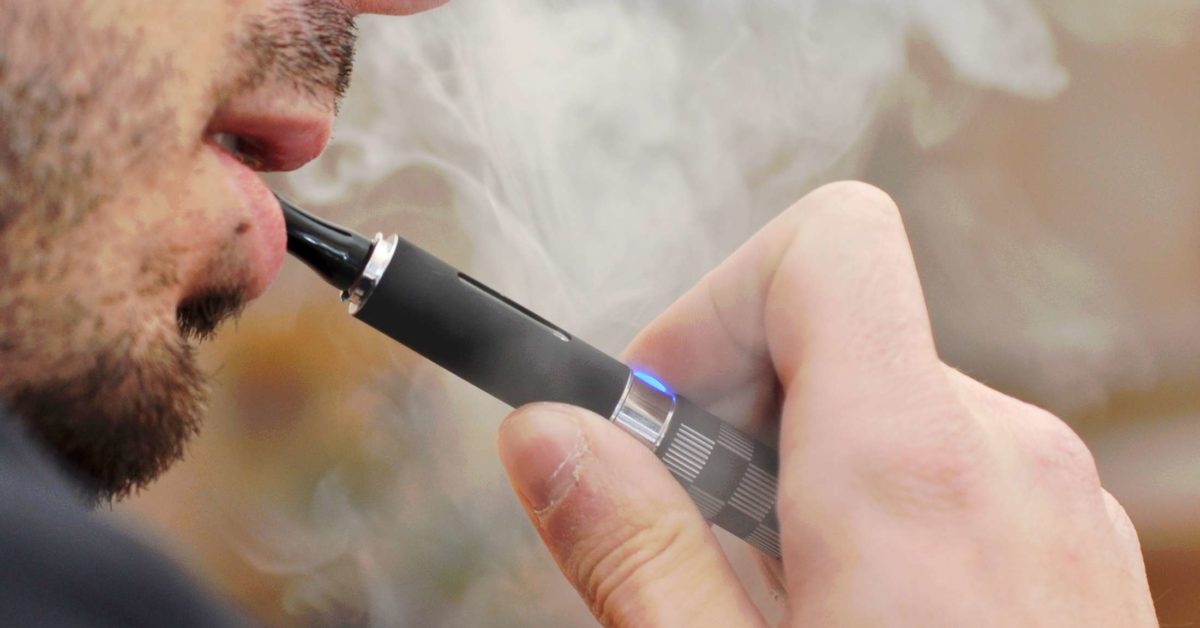"Energizing Relaxation: Stoking the Electric Hookah Revolution"
"Explore the ins and outs of electric hookahs, their health effects, and safety measures recommended by medical experts—stay informed, stay healthy."

Electric hookahs, also known as e-hookahs, are a modern twist on the traditional hookah, offering a potentially less harmful alternative to the tobacco-based original. They operate in a similar way to electronic cigarettes, by heating a liquid that produces a vapor, which is then inhaled by the user. While the popularity of e-hookahs is on the rise, it's important for users to understand what they are and the potential health implications they may carry.
Unlike traditional hookahs, which burn tobacco and charcoal, e-hookahs use a battery-powered system to heat a liquid solution, known as e-liquid or vape juice. This e-liquid often contains nicotine, though nicotine-free versions are also available, and is available in a wide variety of flavors. This method eliminates the production of smoke, reducing the inhalation of harmful substances such as carbon monoxide and carcinogens found in traditional hookah smoke.
However, while e-hookahs may be less harmful than traditional hookahs, they are not without potential risks. Many e-hookahs still contain nicotine, a highly addictive substance. While there are nicotine-free options available, the attractive flavors can make e-hookahs particularly appealing to young people, potentially leading to nicotine addiction. Also, while the lack of smoke does reduce exposure to certain harmful substances, the vapor from e-hookahs is not harmless. It can contain potentially harmful chemicals, though likely in lower quantities than traditional hookah smoke.
There is also the concern over the long-term effects of using e-hookahs, which are still largely unknown. The use of e-hookahs is a relatively new phenomenon, and as such, long-term studies on their health effects are still in progress. There are conflicting views on their safety, and until more conclusive evidence is available, caution is advised.
Overall, while e-hookahs may present a less harmful alternative to traditional hookahs, they are not risk-free. Potential users should be aware of the addictive nature of nicotine and the potential for exposure to other harmful substances. As always, it's important to make informed decisions about one's health, and this includes the use of products like e-hookahs. More research is needed to fully understand the long-term health implications of e-hookah use, and until then, moderation and caution are key.



